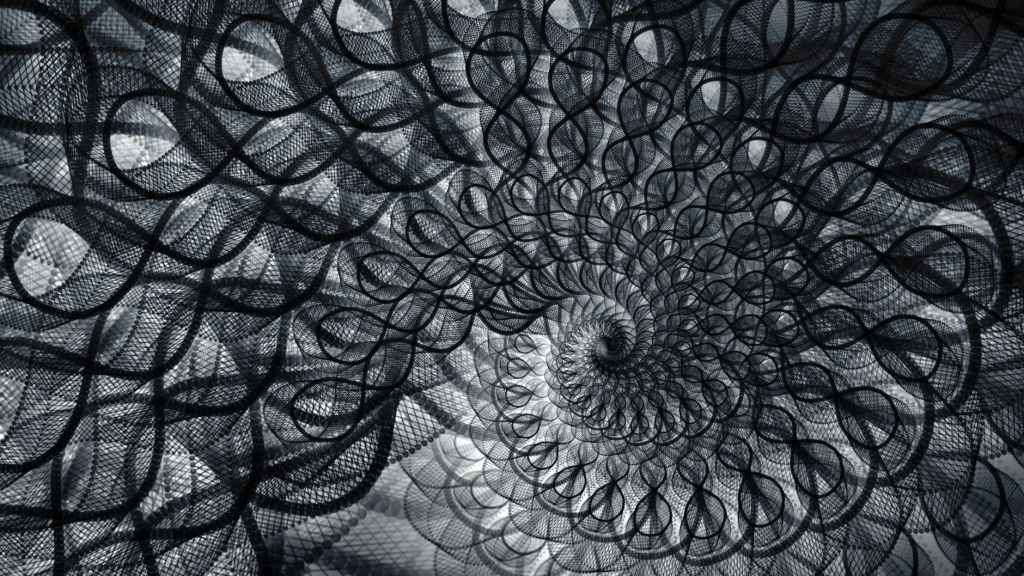This is part 3 of a blog series where I share some thoughts on “art and creation”. I have prepared various blogs inspired by a range of sources from Kabbalah to Artificial Intelligence. Do not expect to find definitive answers. The aim here is to raise questions and hopefully offer entertaining thoughts.

It seems that a creation must be a unique phenomenon and is not compatible with repetition. It is not necessary for every little detail to be unique. One little thing can change and this can transform the experience and the object completely. The moment this little change occurs is the creative moment. Isn’t this what happened with Douchamp’s fountain?
Duchamp took an ordinary urinal. There was nothing original about the object per se. However, the fact that he named it “the fountain” and proclaimed it to be art was a new idea.

In this case, the creative moment does not coincide with the moment the object was constructed materially but with the moment it was conceived conceptually.
Uniqueness is a quality that separates art from technique. We can pretty much agree that a worker in a factory line repeating the same task – let’s say sewing the company’s logo on a shoe – is not experiencing a creative moment each time he completes the task.
The conception and making of the first, prototype shoe was a creative moment. However, the 500.000th reproduction of the original is entailing neither creative thinking nor creative practice. Each creation is unique.
Repetition kills creation. Today we tend to say that couples or friends engage in meaningful activities together to create memories. These memories are the result of unique experiences. A walk in the woods, or a night at the cinema. These are unique and, as a result, lasting memories.
The opposite occurs with repetition. A day at work repeated again and again is routine. After a few months or years, memories look the same and it is almost impossible for someone to recall a specific memory from work. It is common also for people to say that working days are all the same and that when you start working, years go by like days.
Without uniqueness, time almost feels like it doesn’t exist. Repetitiveness is the opposite of uniqueness just like being is the opposite of non-being. One cannot be without the other. Uniqueness is nothing without a repetition against which it can stand out. Of course this does not mean that we must doom ourselves to monotonous routines in order to have unique moments.


The first time I don’t agree with you. Lunatics are not unique in the way a genius is. Or a con artist unique in the way a creator is. It is not enough to be a cynic (with no reason) to be singled out. Technique is a universal key factor in art: a painter paints, sculptor sculpts, etc. Within the arts artists can be unique by comparison with other artists—but are not comparable to fly’s flight pattern. You are implying that the act of painting is repetition for painting! (Screaming at you in my imitation of a Greek rant!) A factory repetition is an rote automatic copying, where in fine art the artist is always and by its nature mixing the color differently, a new perspective, etc. Even beginners cannot mix the same color twice.
LikeLike
“A factory repetition is an rote automatic copying, where in fine art the artist is always and by its nature mixing the color differently, a new perspective, etc. Even beginners cannot mix the same color twice.”
I completely agree with you here! Wait until the next part of the series where I discuss exactly this point; i.e. repetition as a path to uniqueness and also the hunt for uniqueness as a path to repetition. We might reach an agreement again there! Regardless, your opinion is valued and I am happy that you commented because it makes me think I could have been more careful with the way I structure my writing.
LikeLiked by 1 person
Antoni, i wasnt worried! I just replied as if we were having an ouzo in a beach taverna.
LikeLiked by 1 person
i have a paper titled Art cannot Own what reason disowns ,available online Any comments on it in the light of what you say?
LikeLiked by 1 person
Hi there,
I don’t think this is the proper space for me to comment on your paper.
You could provide me with a link or the abstract of your paper and then, maybe, I could discuss it with you on your blog’s comment section.
LikeLiked by 1 person